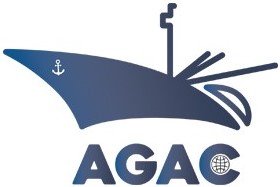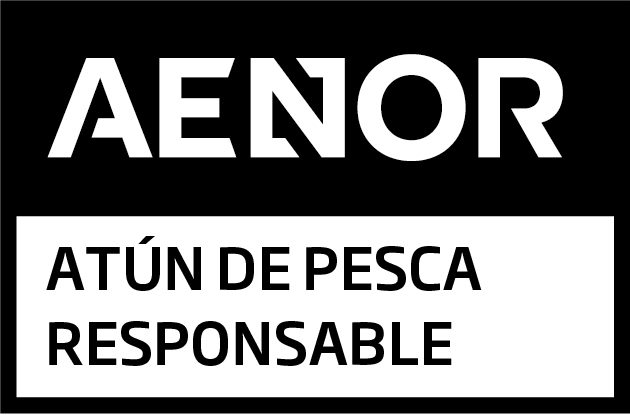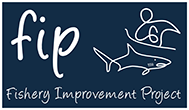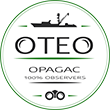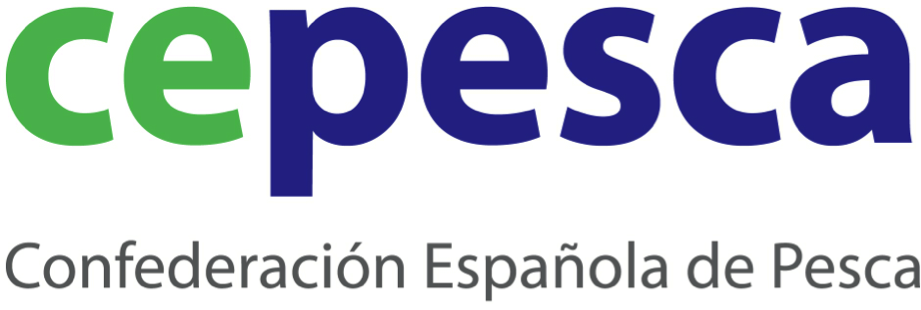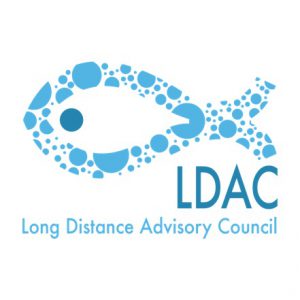OPAGAC associated to
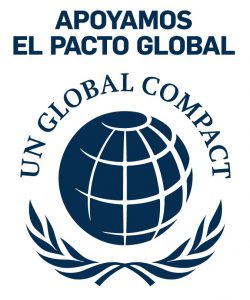 |
UN Global CompactOPAGAC supports the Ten Principles of the UN Global Compact on human rights, labour, environment and anti-corruption. Through this commitment, OPAGAC expresses its intention to support and implement these principles within the framework of our sphere of influence. We are committed to conducting applied research and leadership to advance best practices in environmentally and socio-economically sustainable fishing. OPAGAC supports transparency and accountability, and therefore is committed to reporting progress as required by being a signatory partner to the UN Global Compact. |
OPAGAC is also a signatory to the Sustainable Oceans Principles.
To contribute to sustainable development, OPAGAC has published these Best Practices
- Participation in Fishery Improvement Projects (FIPs)
- Best Practices in Tuna Fishing
- Tuna from Responsible Fishing (APR, from its acronym in spanish)
International Coalition of Fisheries Associations (ICFA)
Through CEPESCA, we are partners since 2007 in the International Coalition of Fisheries Associations.
It is a coalition of professional associations from the fishing and seafood industries that comprises, since 1988, more than 85% of the world’s production.
Accredited to the United Nations, its specialized agencies (as may be FAO) and RFMOs, ICFA provides in international policy debates a consensus view of the entire sector.

